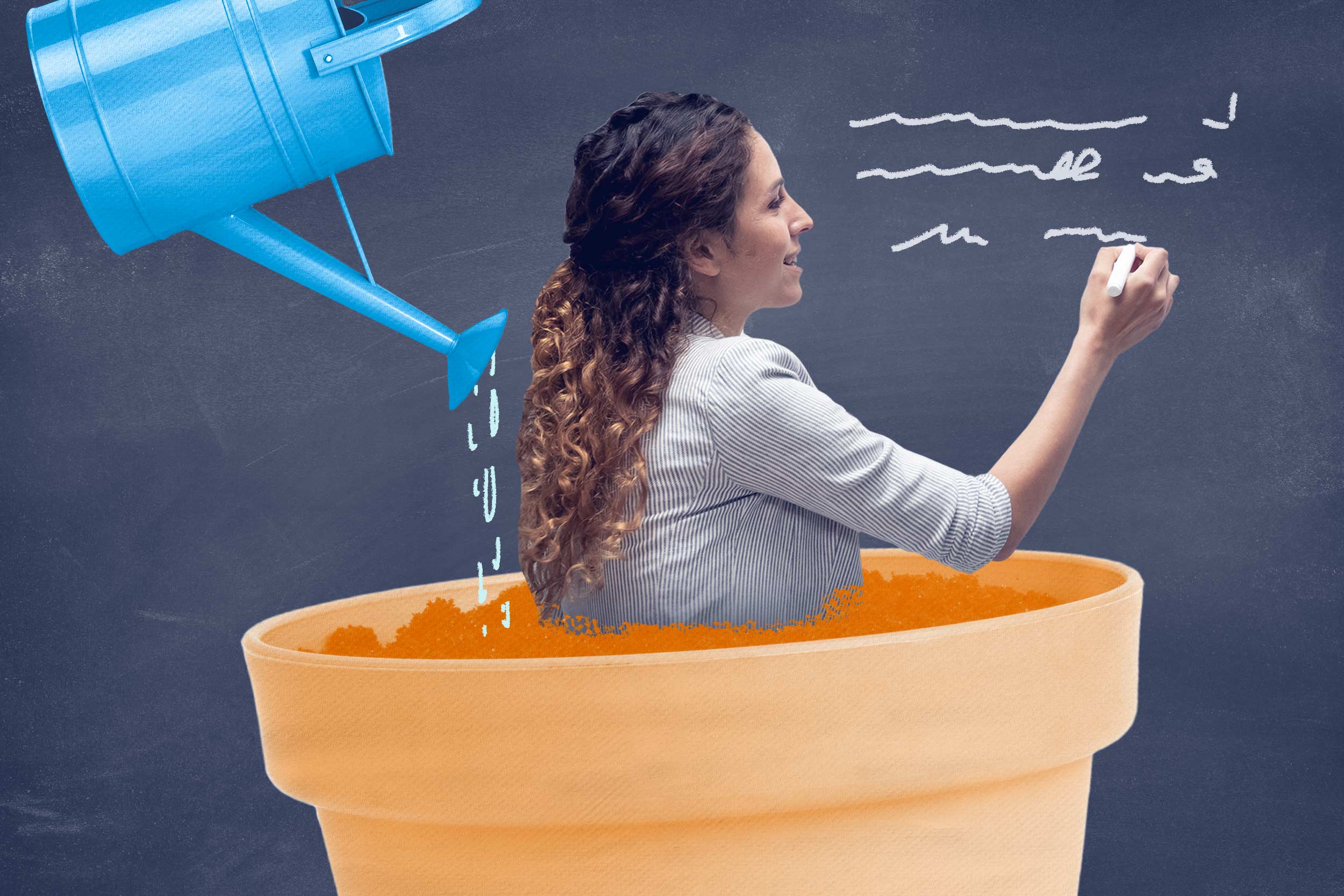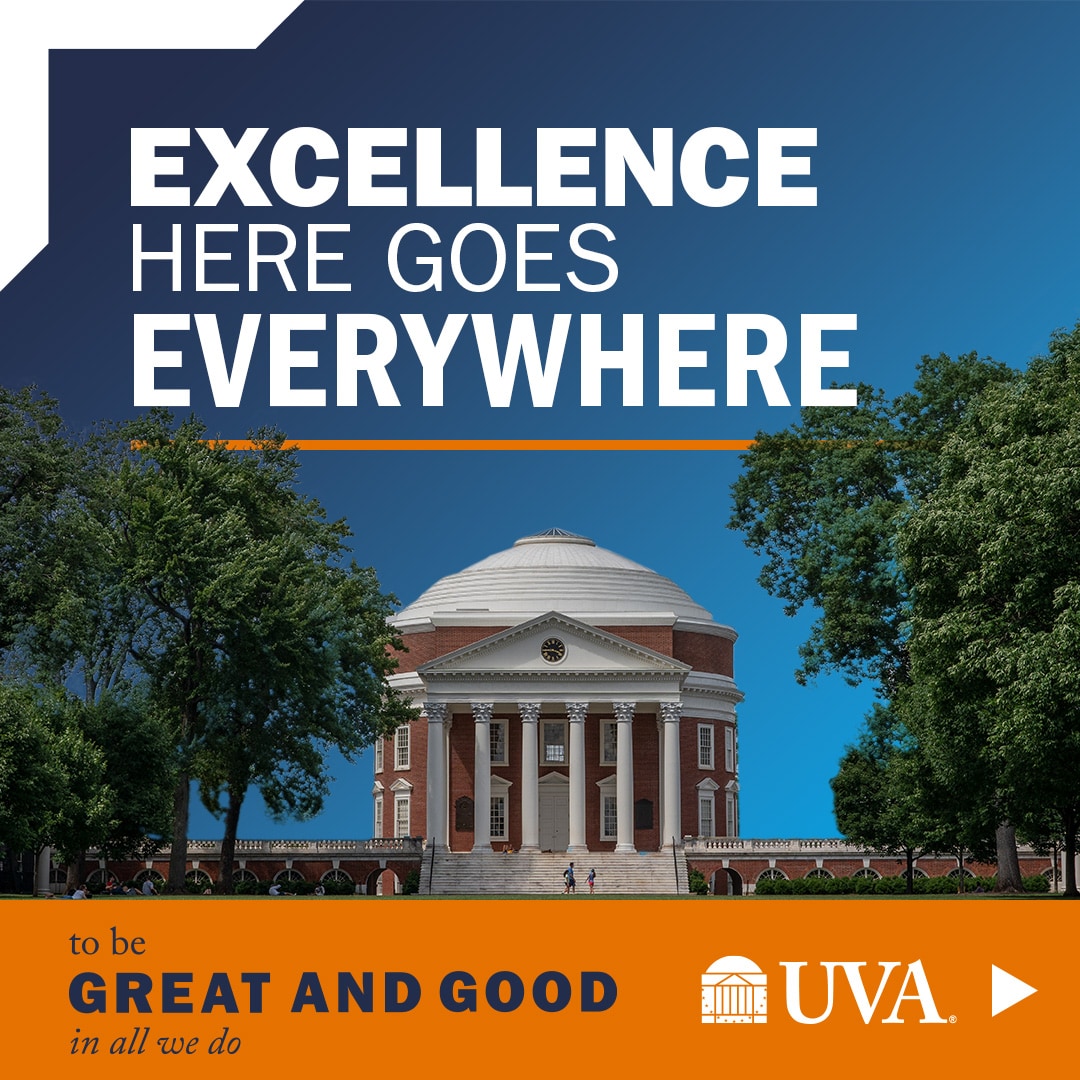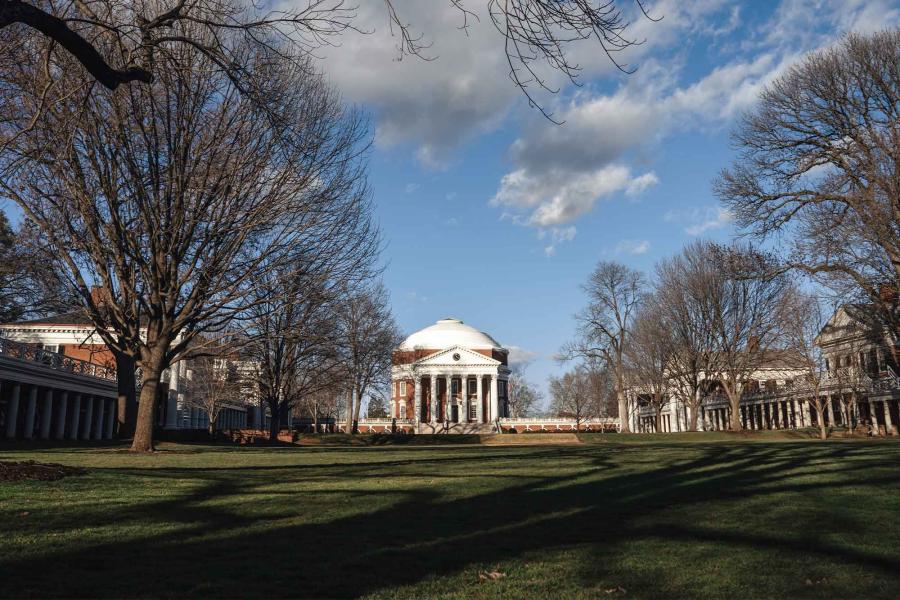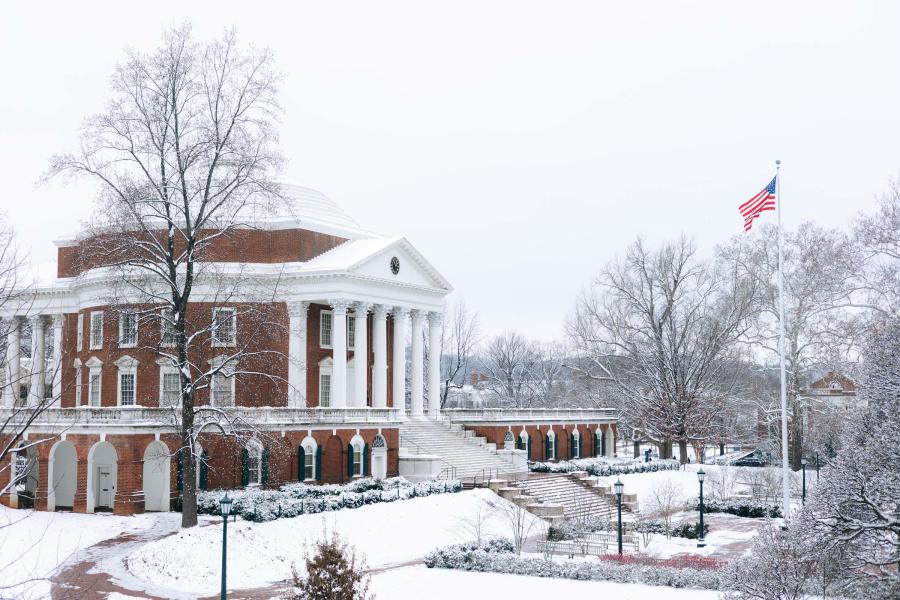If you don’t have enough, you sometimes must grow your own.
The University of Virginia’s School of Education and Human Development is helping some Virginia public schools “grow” their own teachers from the ranks of teaching assistants and other paraprofessionals already working in the district.
Grow-a-Teacher programs allow employees to earn a teaching license and a master’s degree at the same time, while continuing to work. The budding teachers remain employed while they take online courses. They have the opportunity to move into teaching position before completing the entire degree program.
Those tending the garden say these programs work. Teachers who have completed one of the programs agree.
Just ask Alex Weinard. The summer after college, while hunting for something permanent, Weinard landed a temporary job as an after-school program leader in the Alexandria City Public Schools. He had never considered working with children and was surprised to find out how much he enjoyed it.
“I realized it was just really rewarding work,” he said.
For several years, he worked full-time as a kindergarten teaching assistant, helping the lead teacher with instruction and classroom management. But without formal teacher training or a license, Weinard’s options for career growth were limited.
Then his principal recommended he apply to the division’s Grow-a-Teacher program: Alexandria City Schools cover the full tuition for paraprofessionals looking to become teachers. Other school divisions that participate in similar programs may offer different plans.
“It would not have been at all realistic or feasible for me to pursue an educational degree on my own on a paraprofessional salary,” Weinard said. “So everything about it was just extremely convenient and put me on a track to succeed.”
Weinard said the program was his first experience taking online courses. He thought it might feel detached or distant, but instead he found a supportive community. “It was much tighter-knit than I was expecting,” he said. “Everything felt very approachable.”





